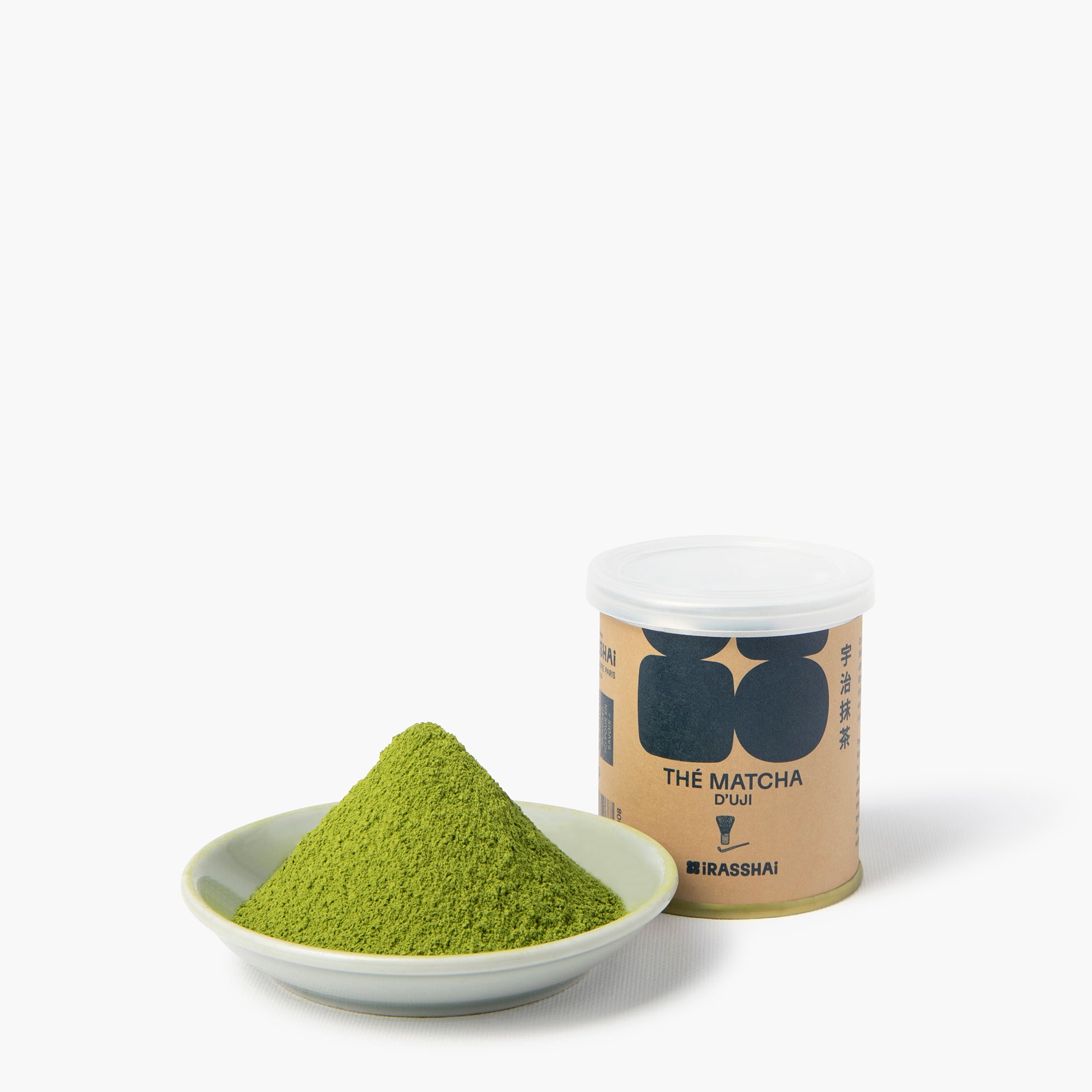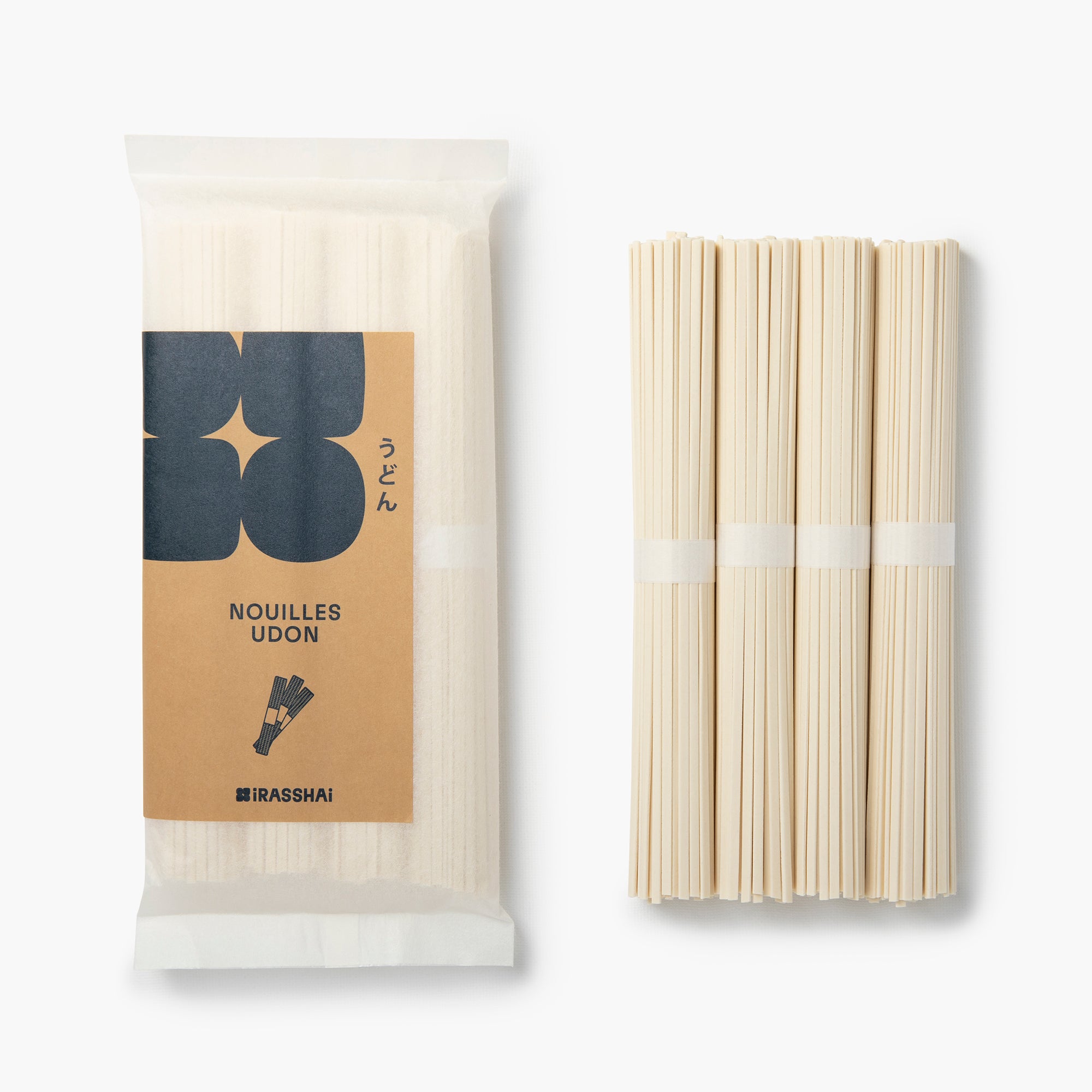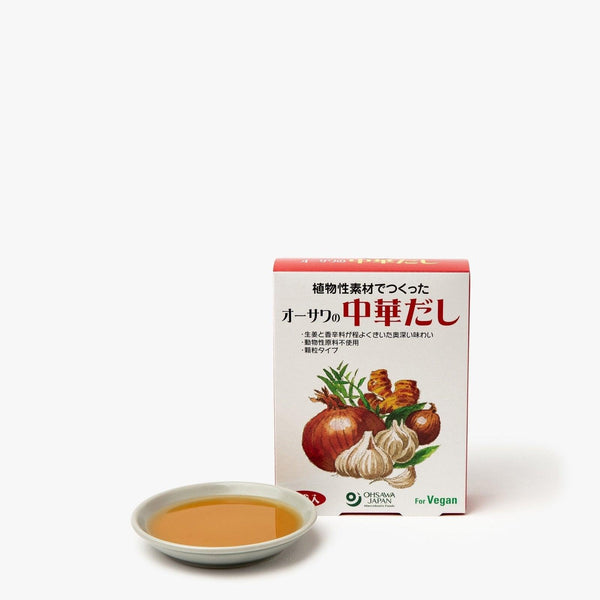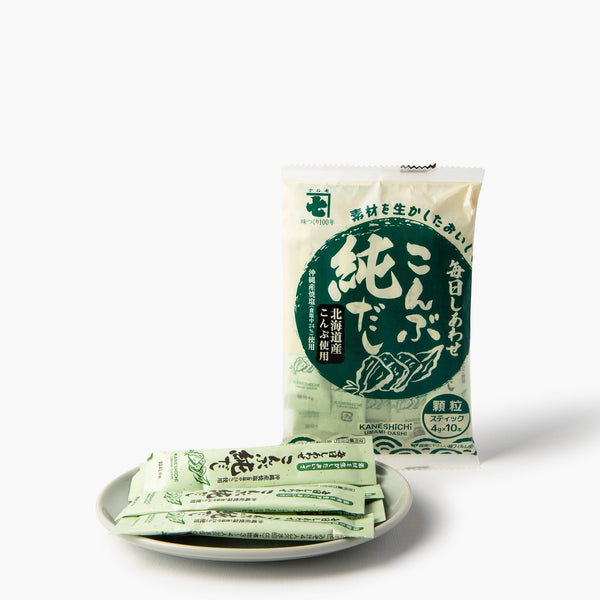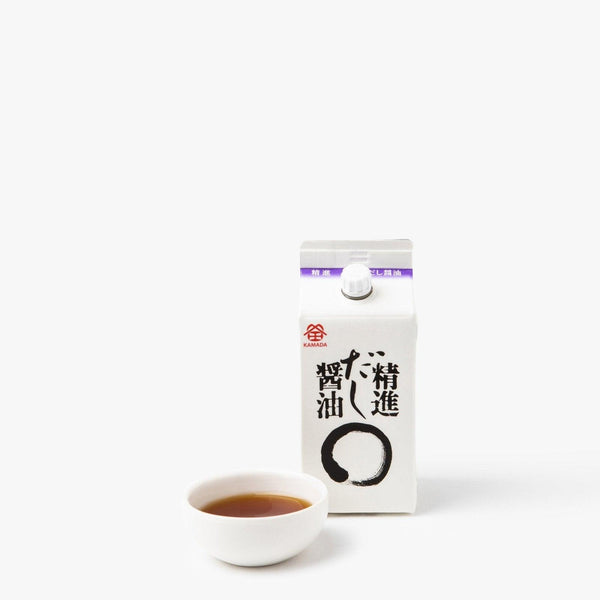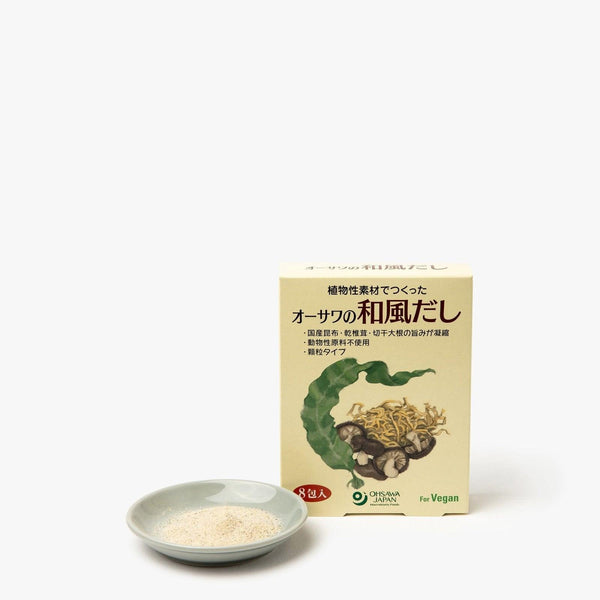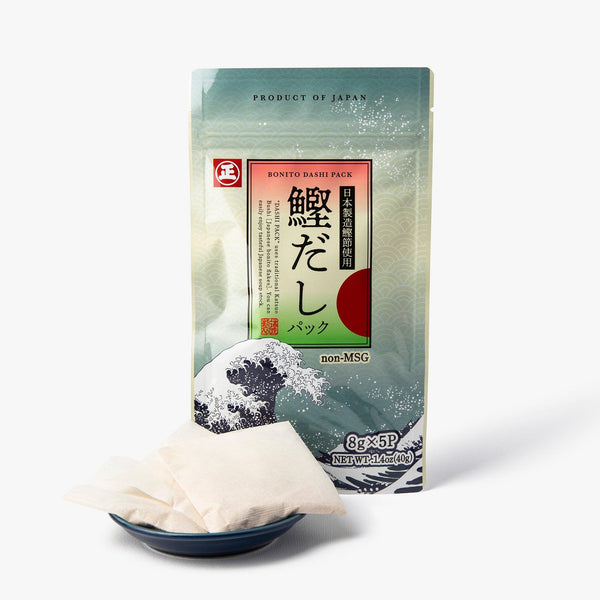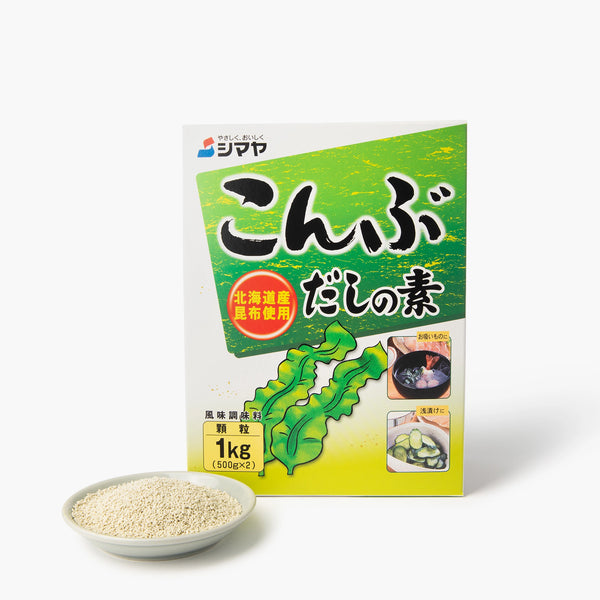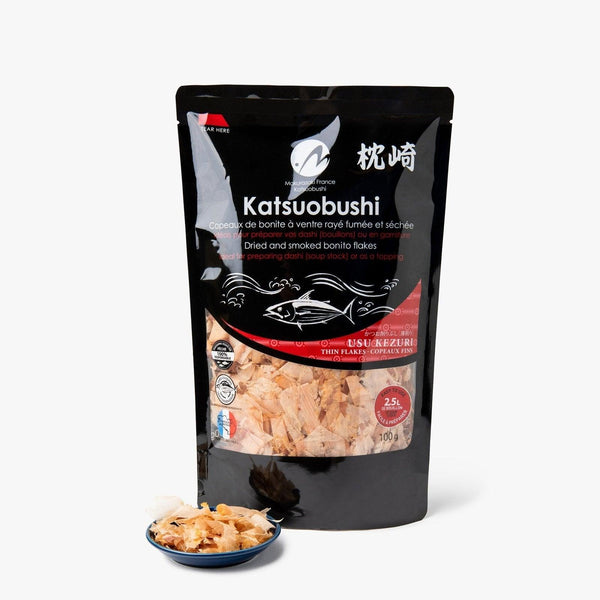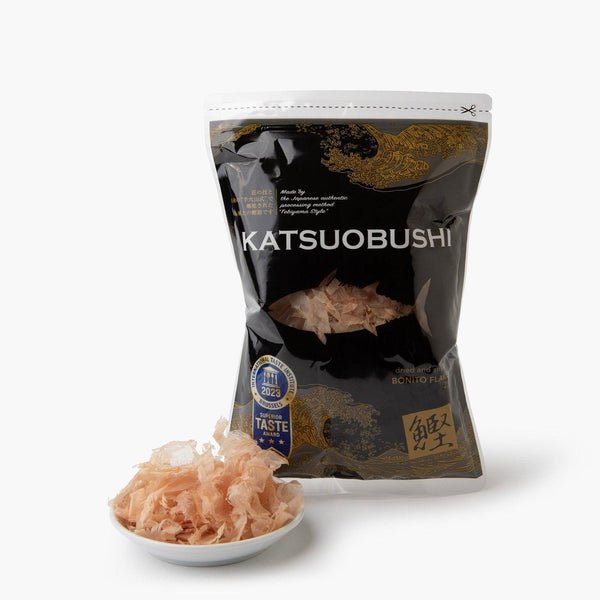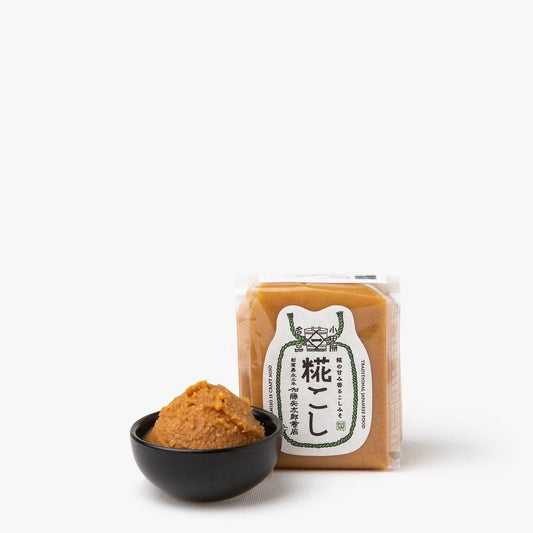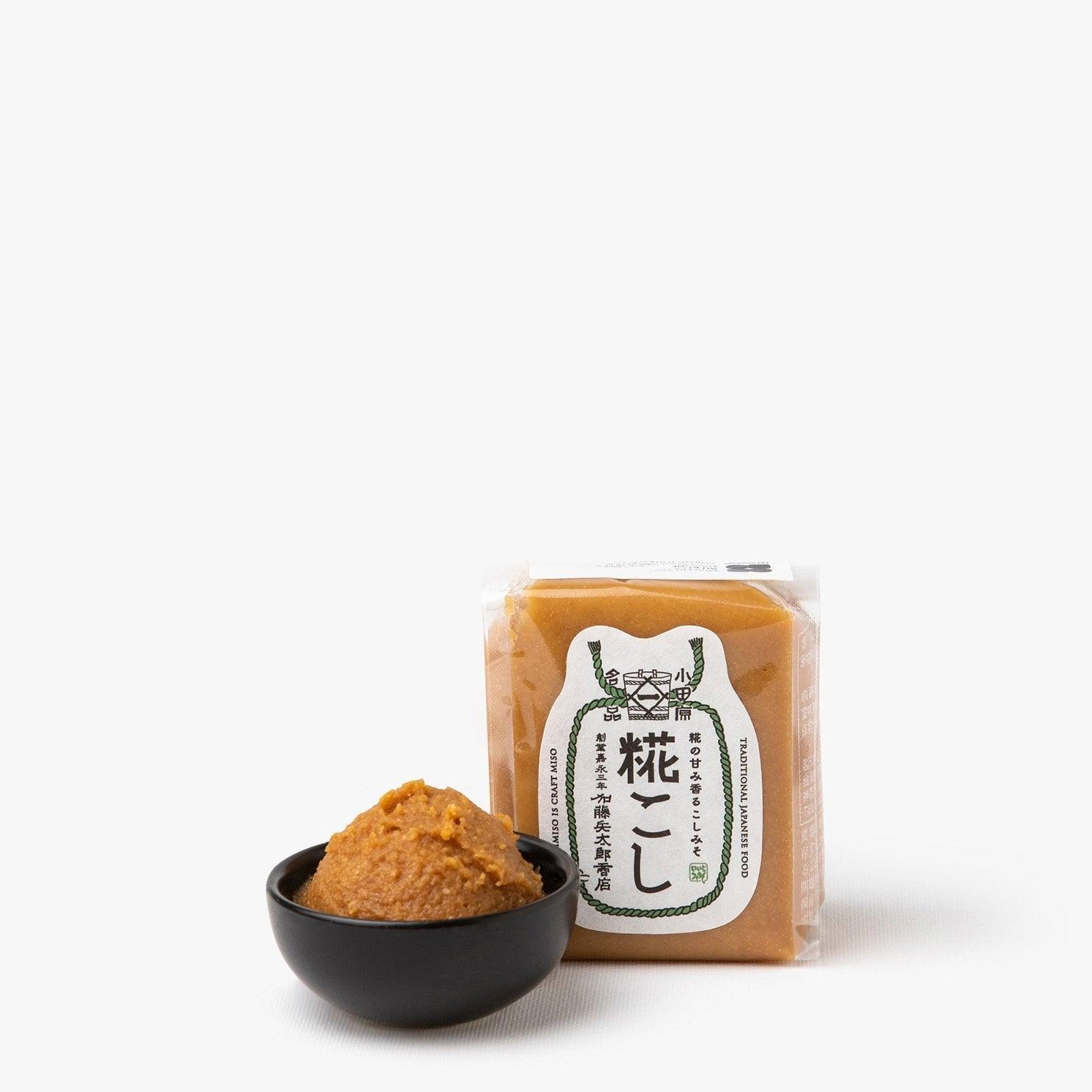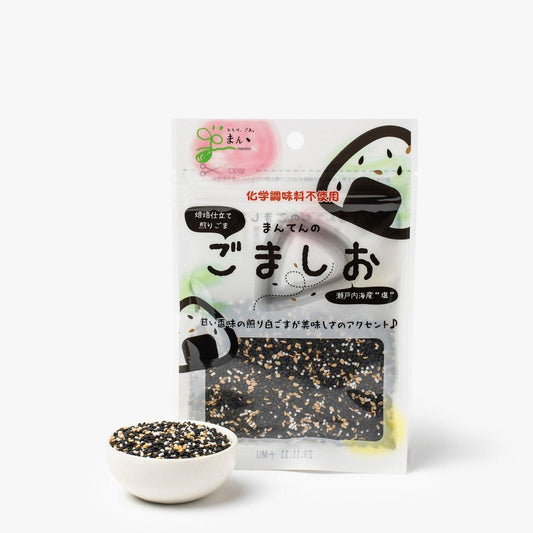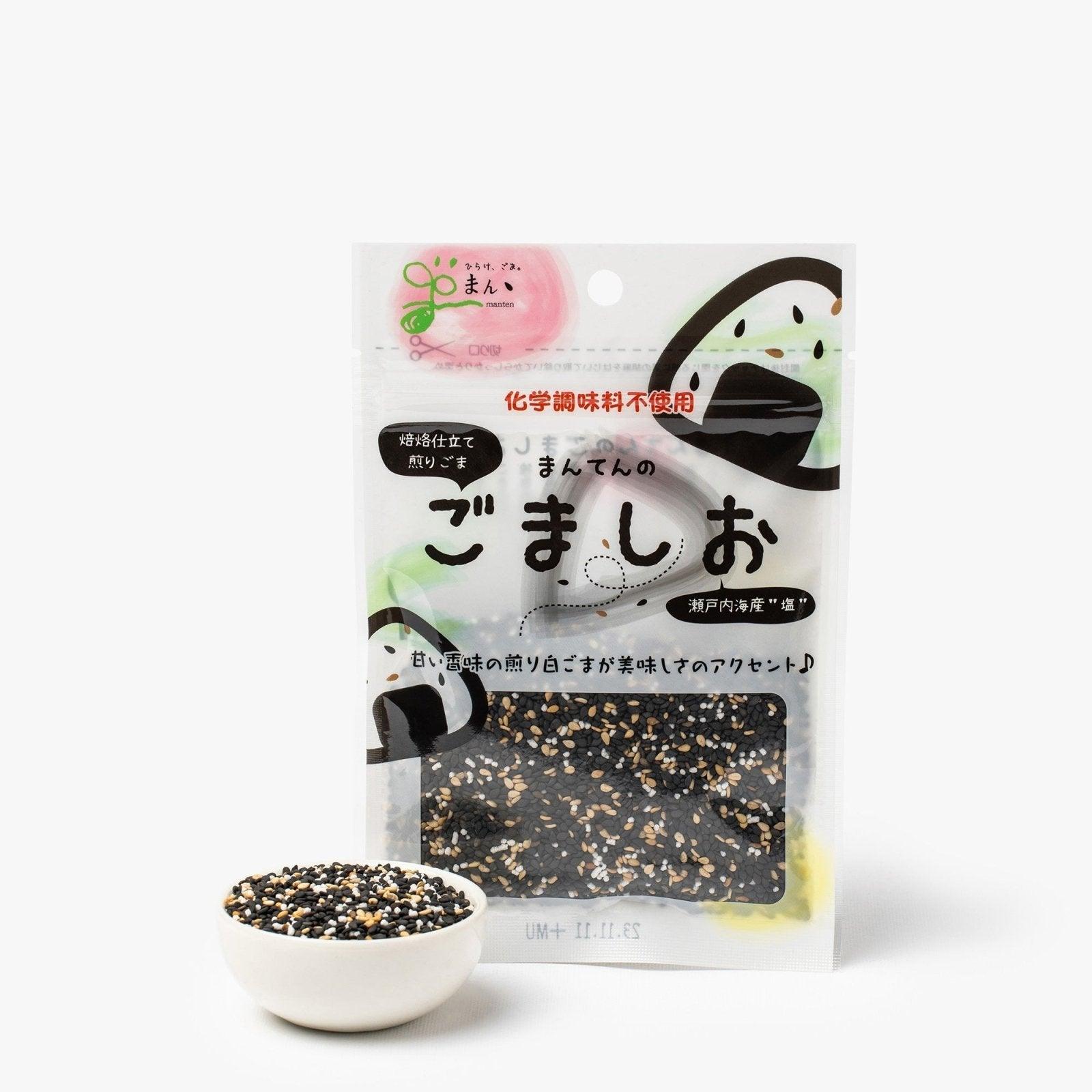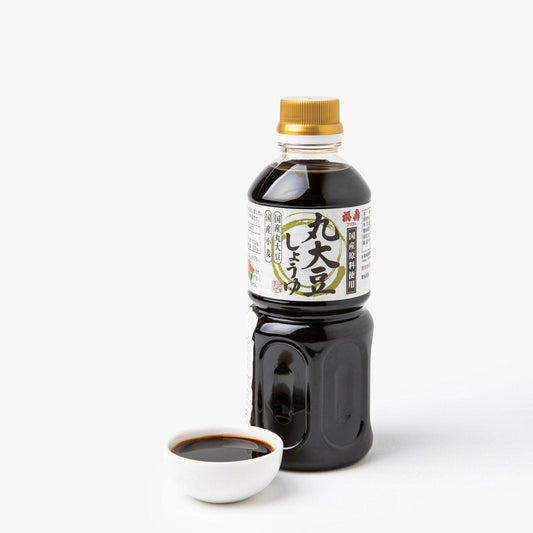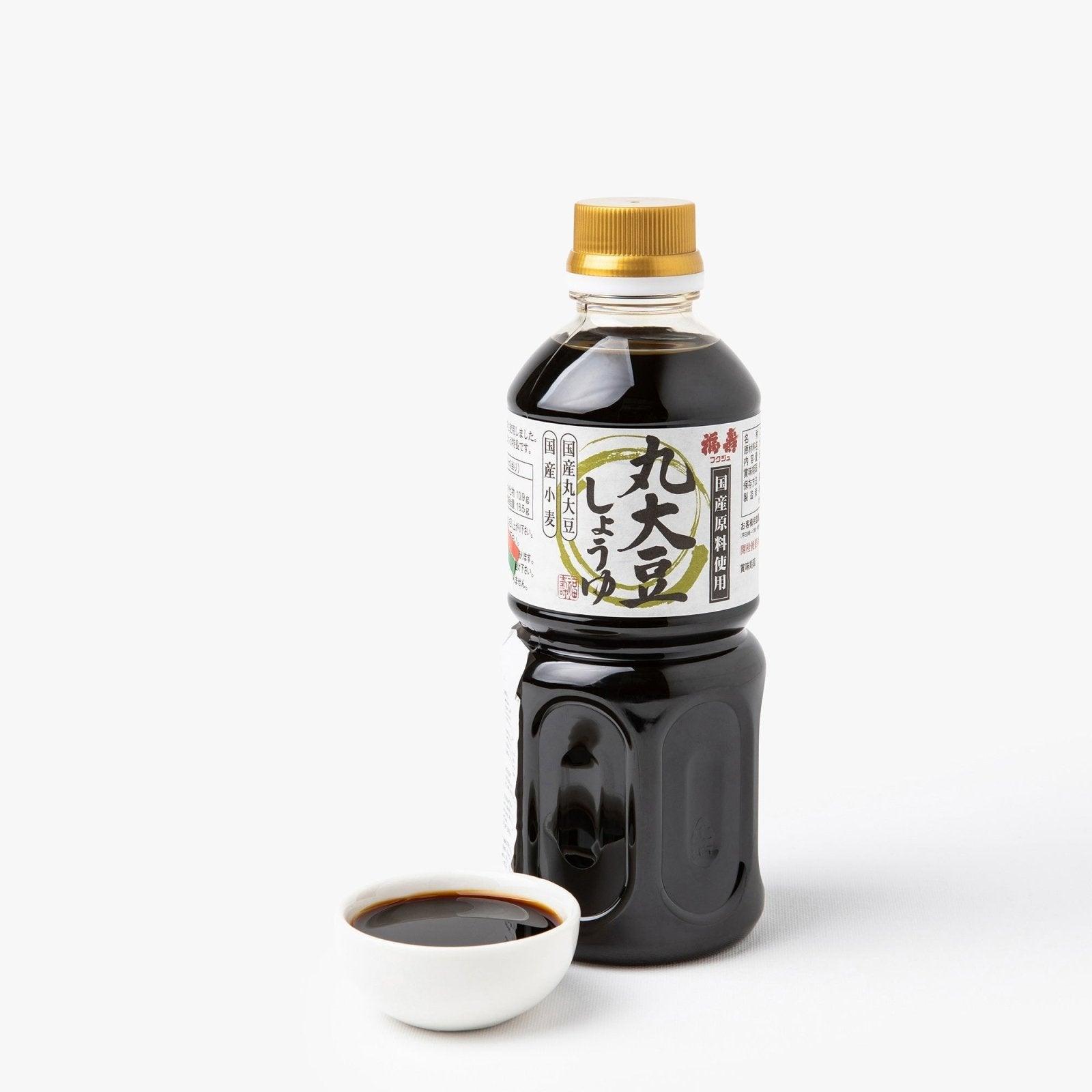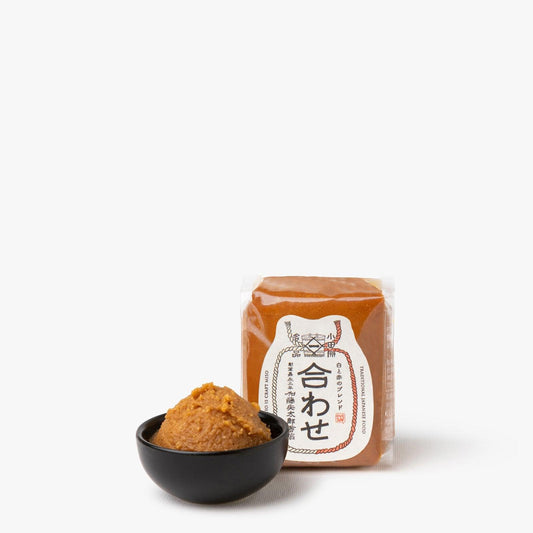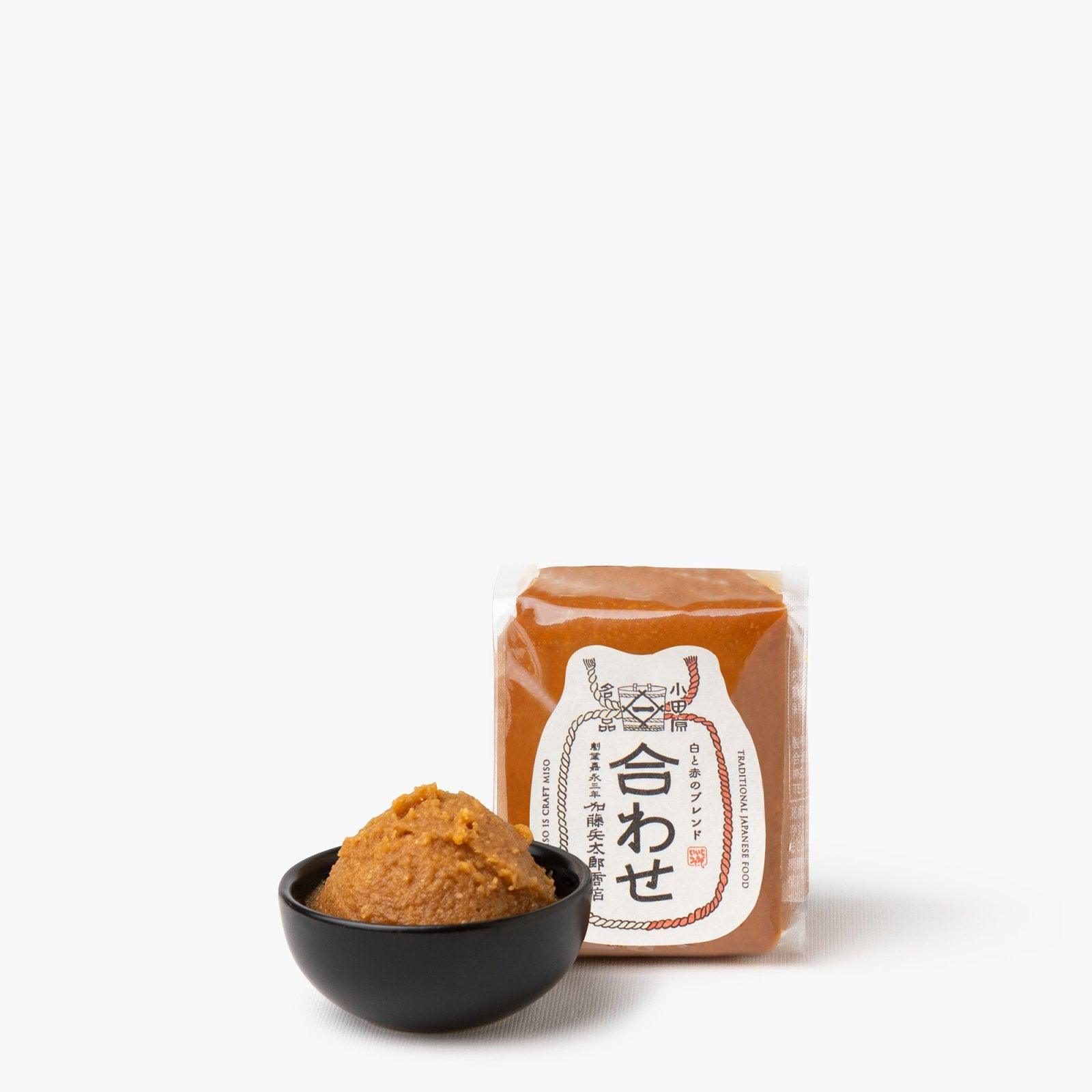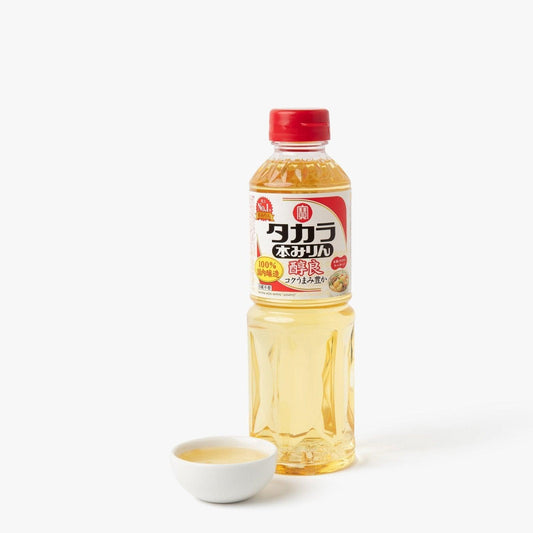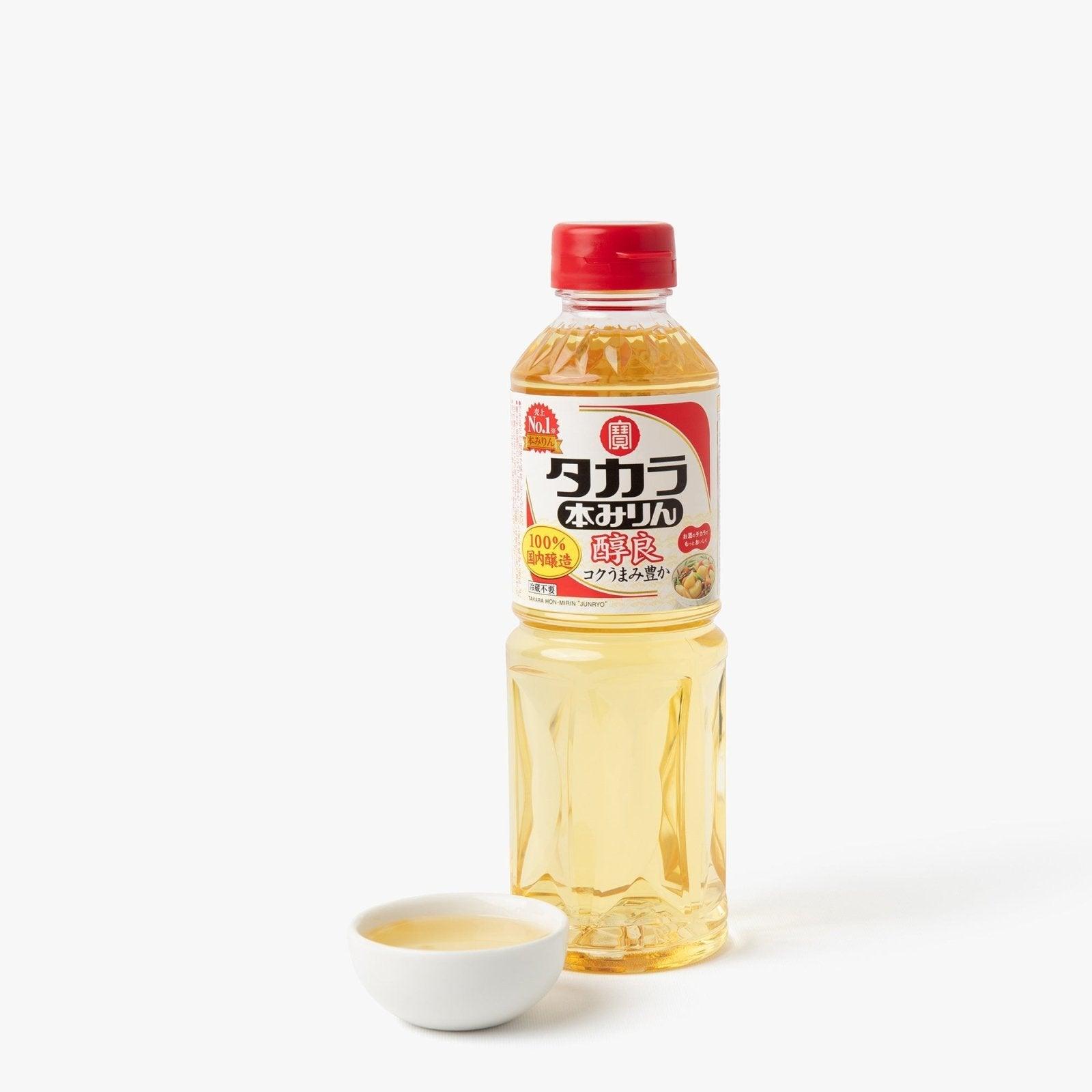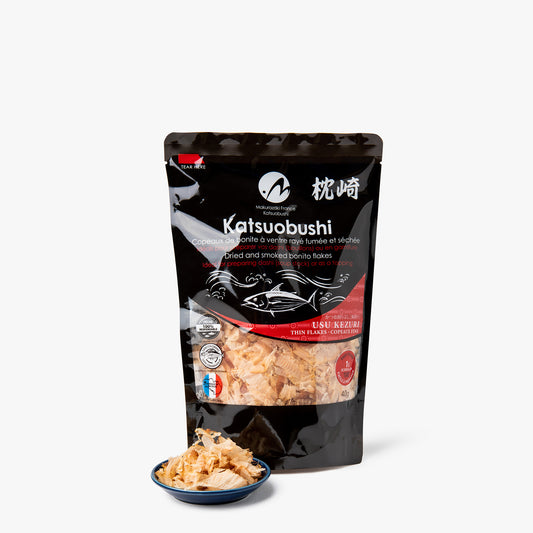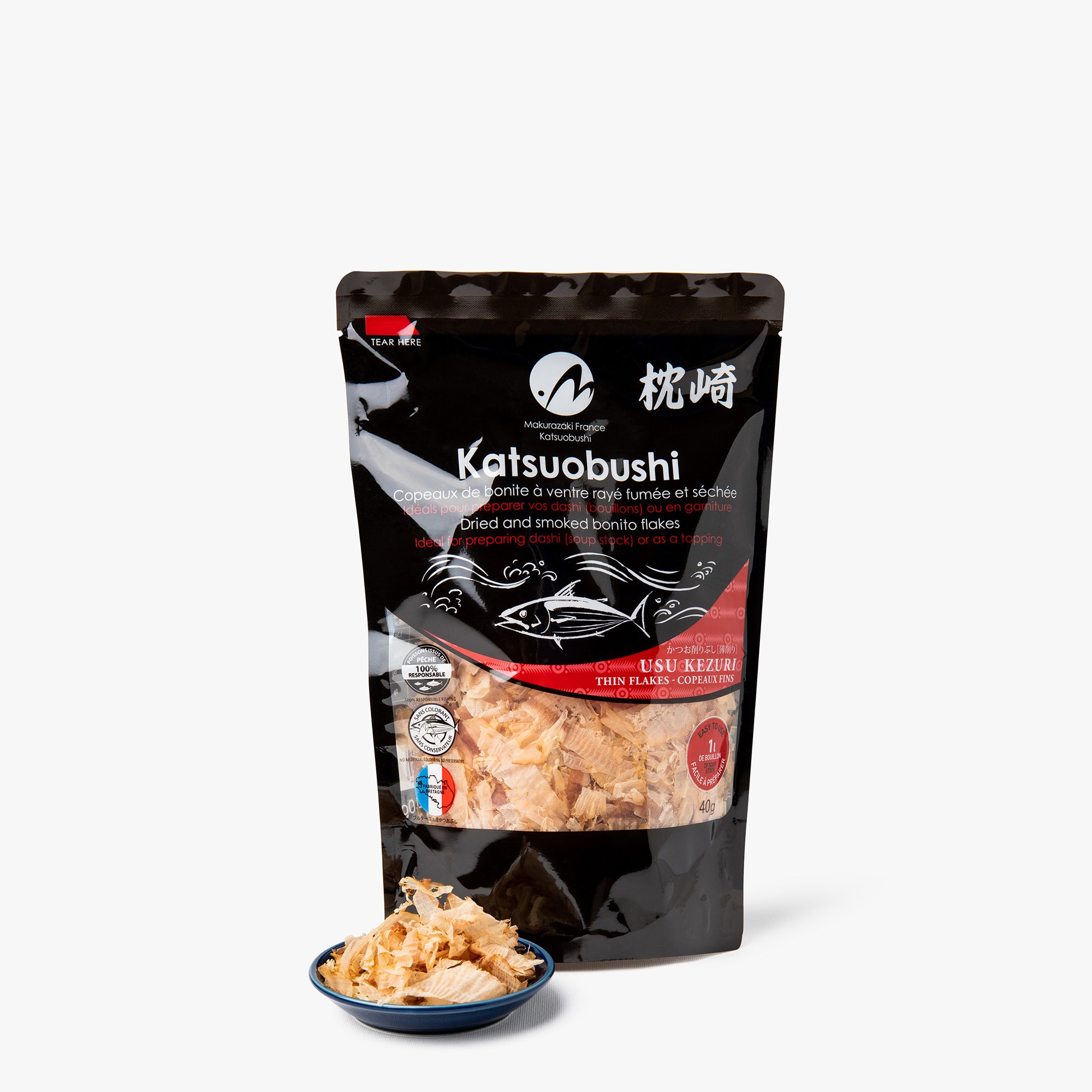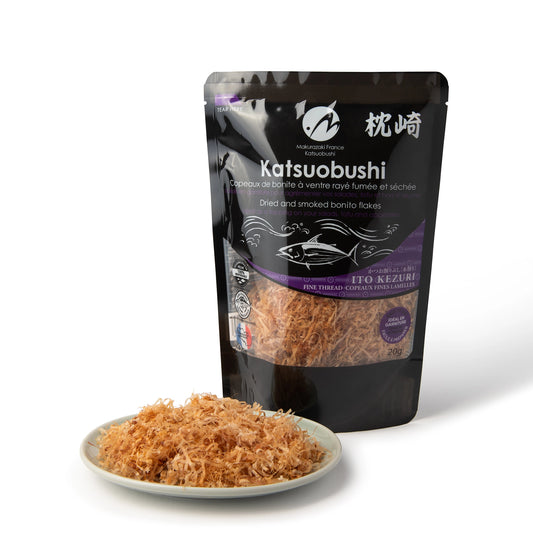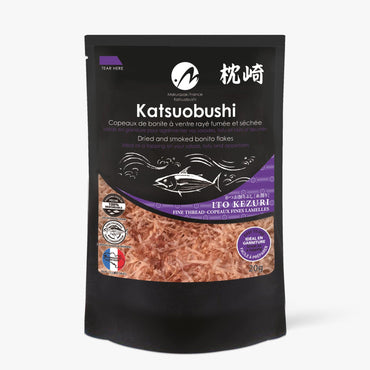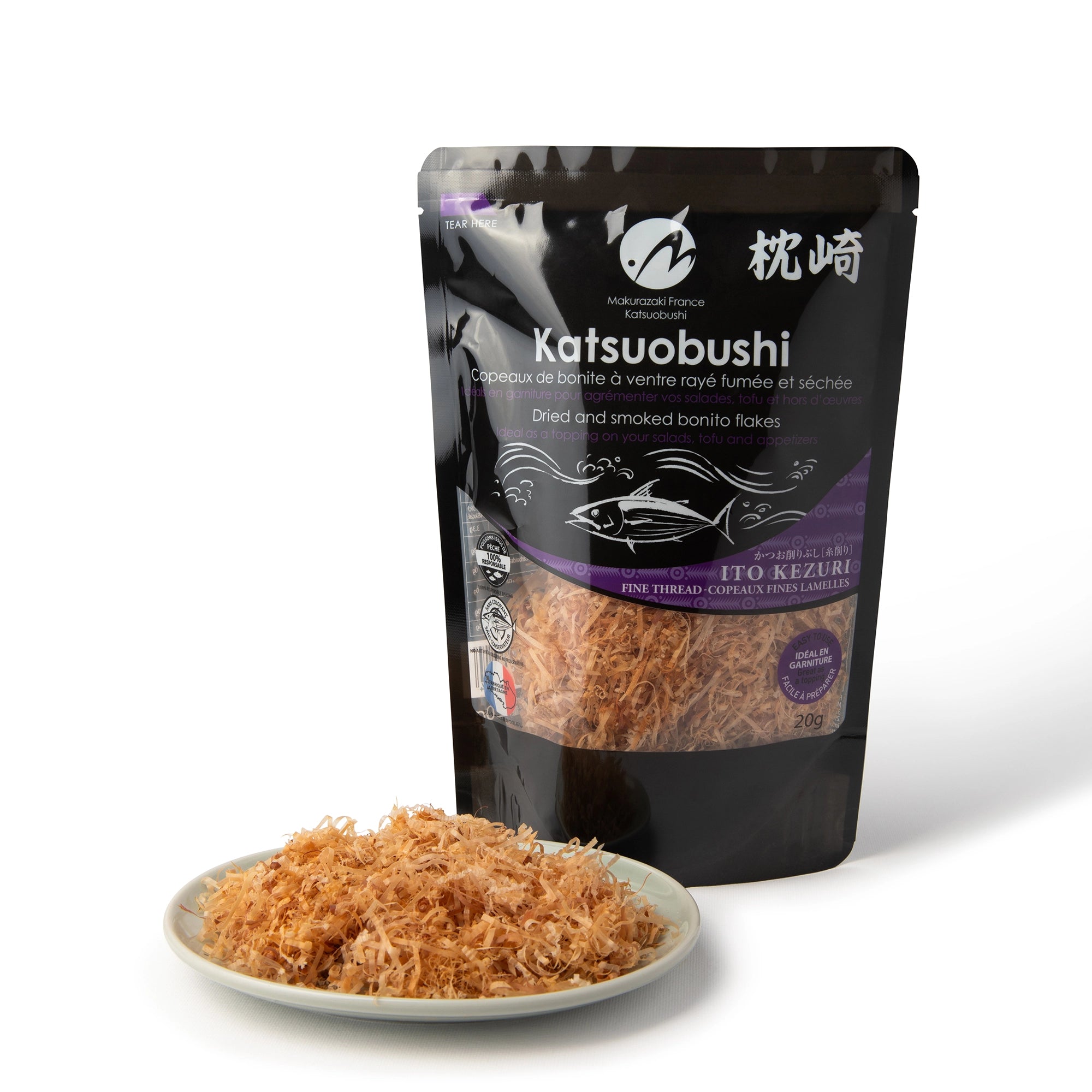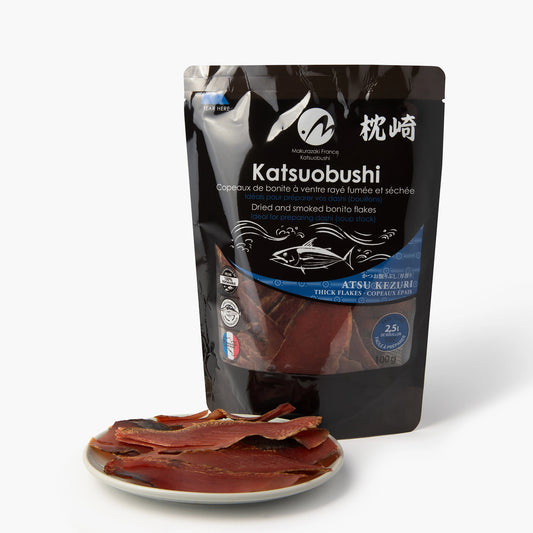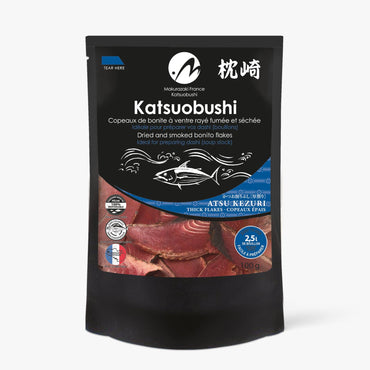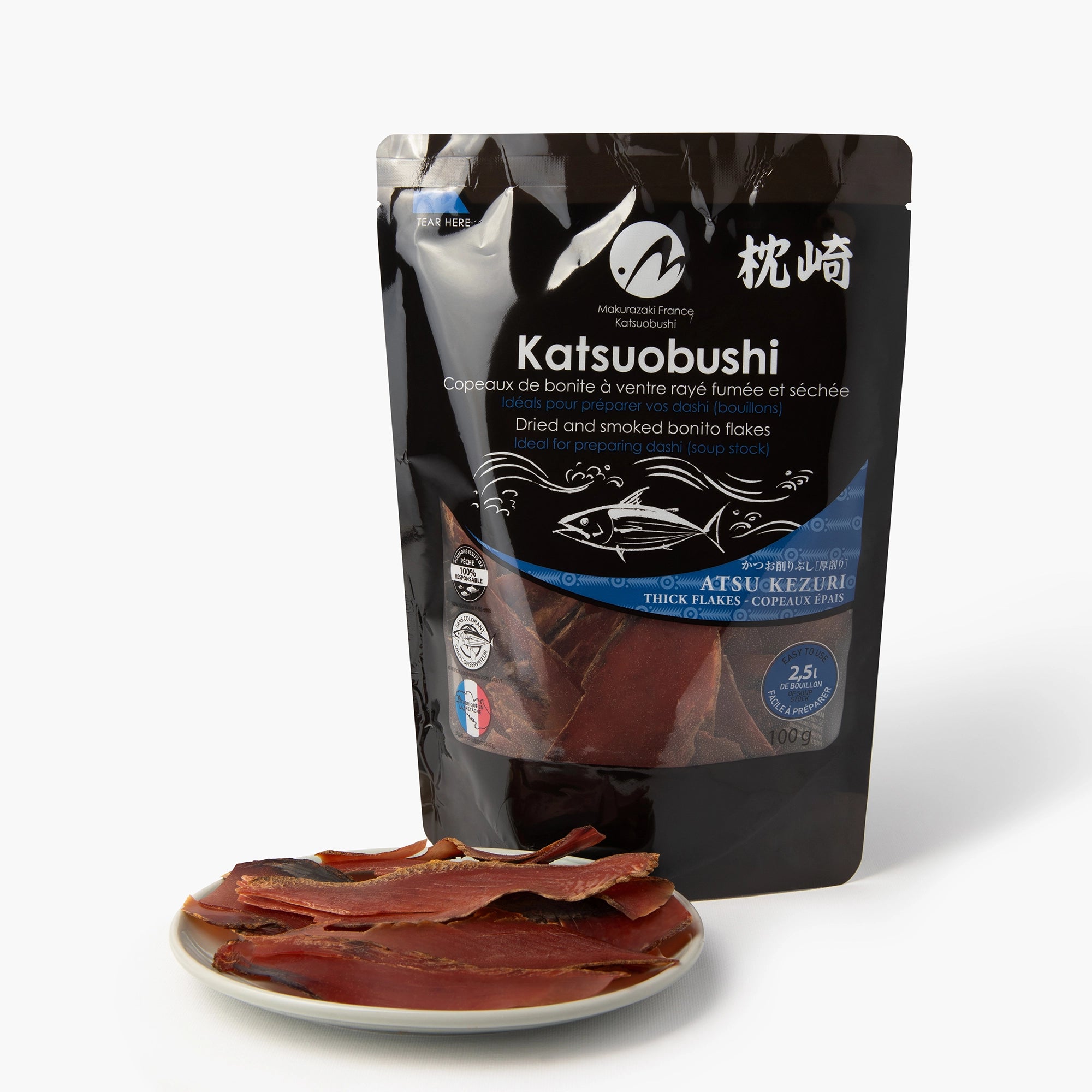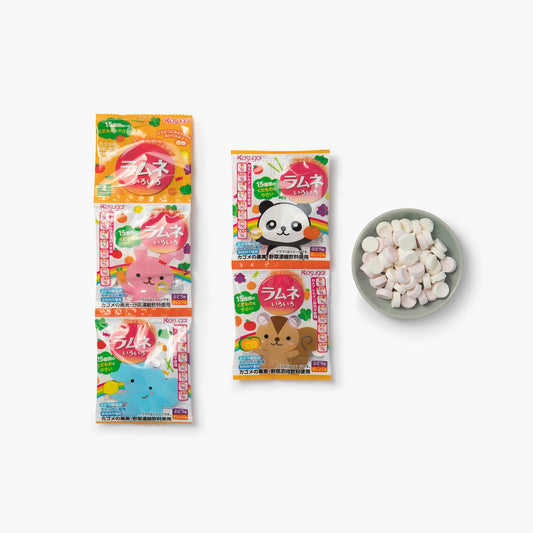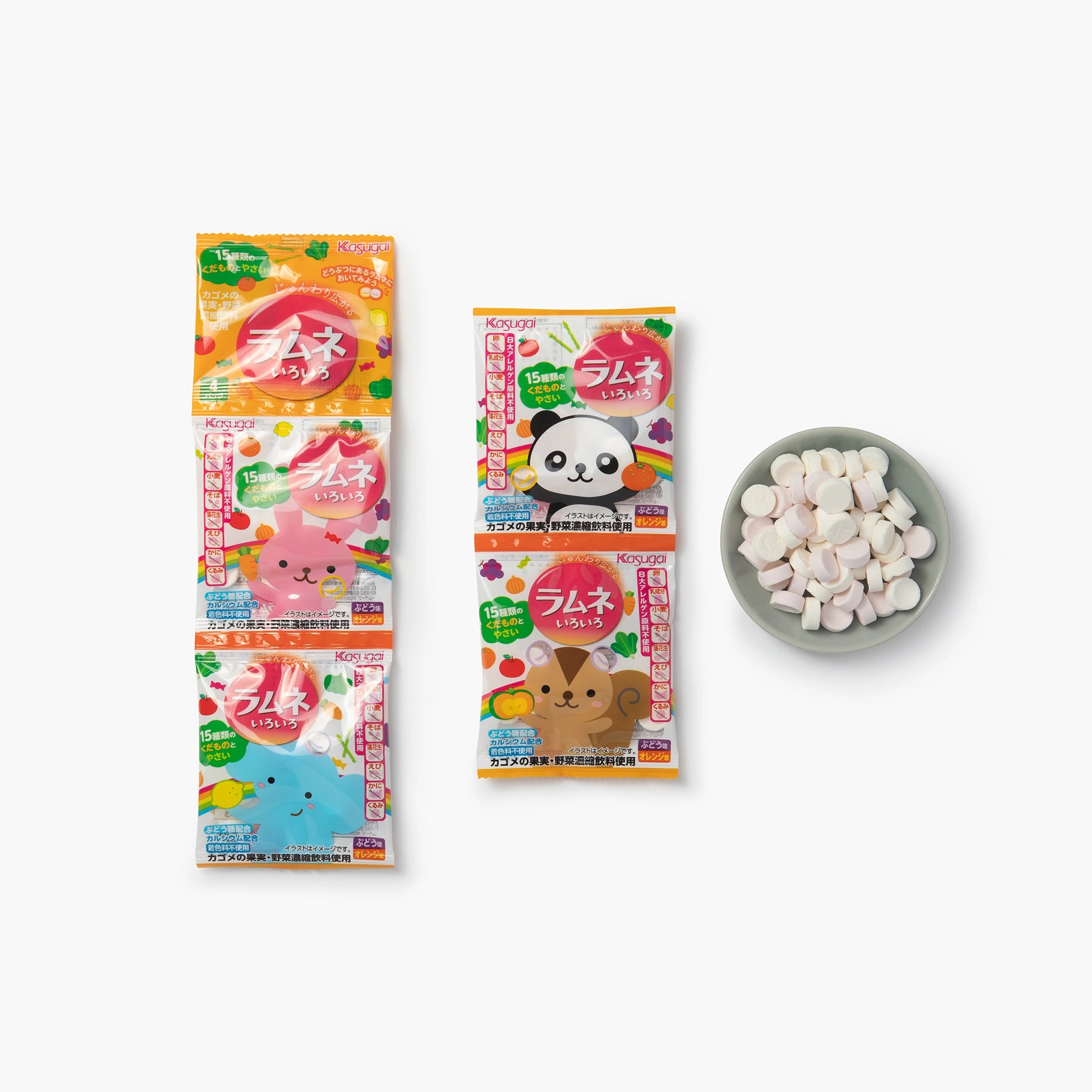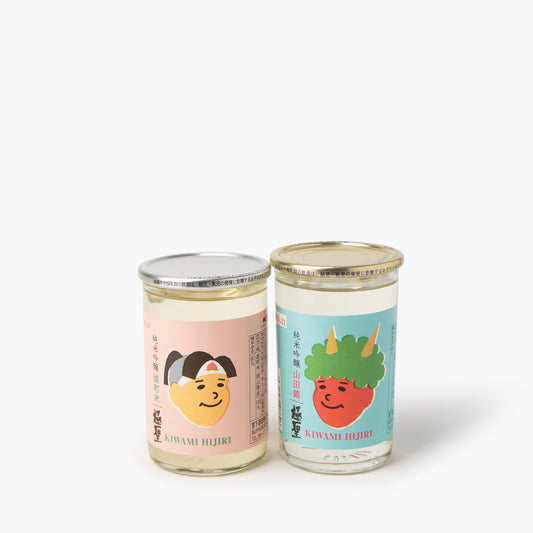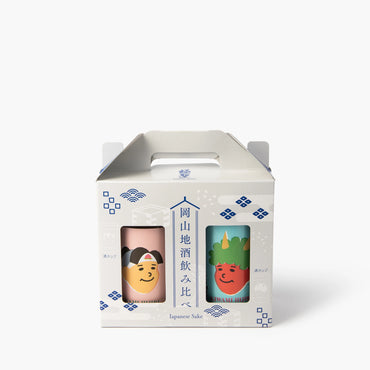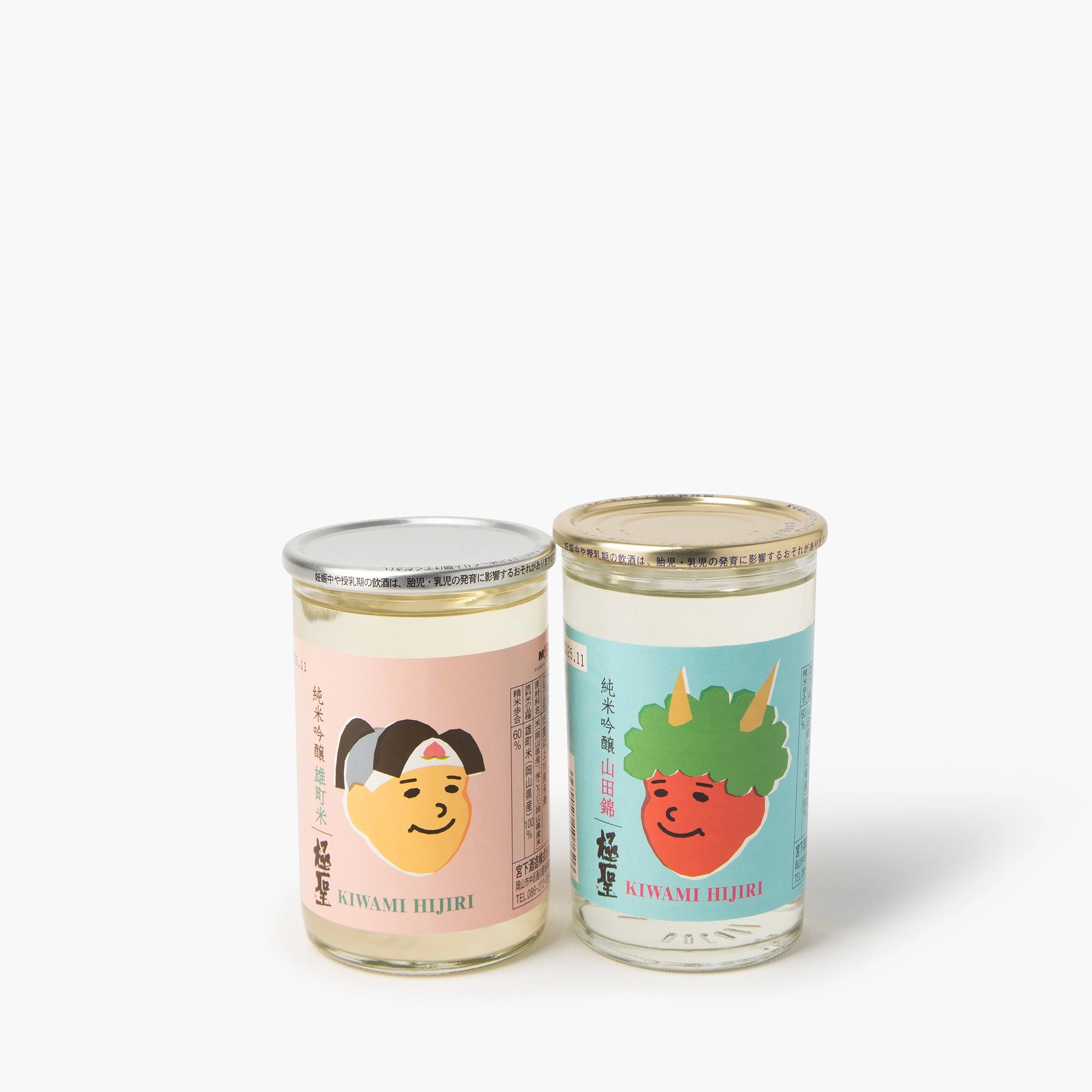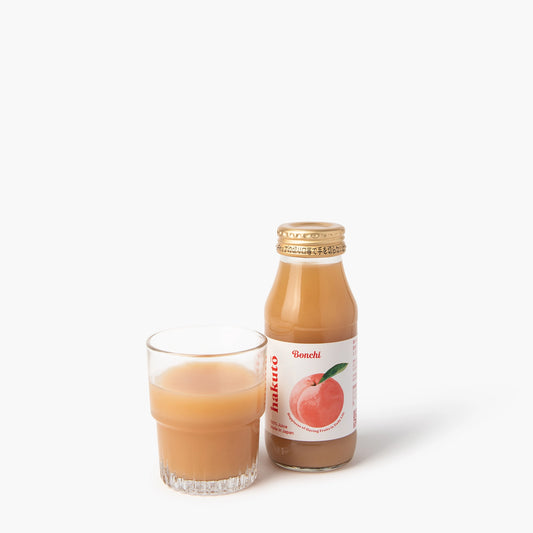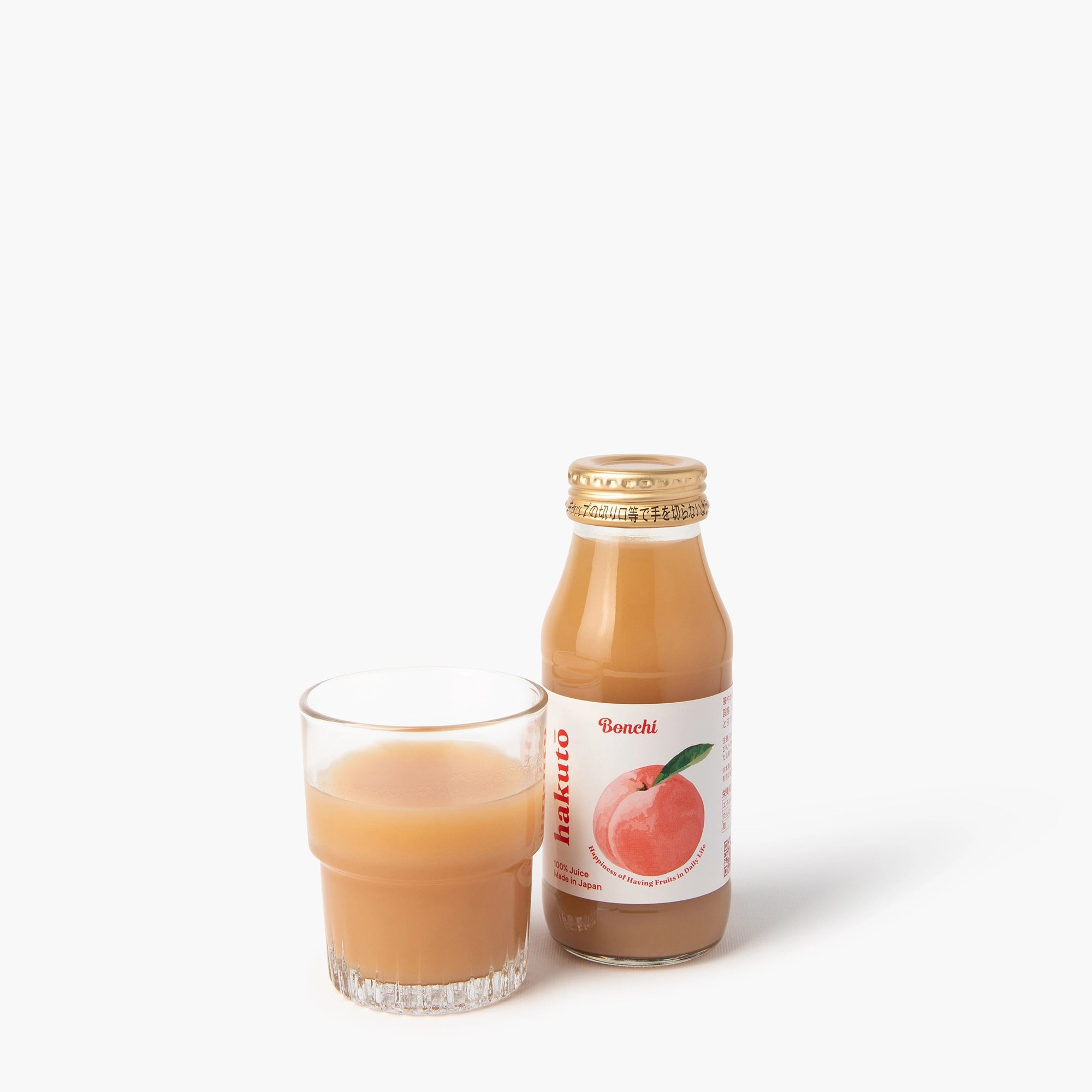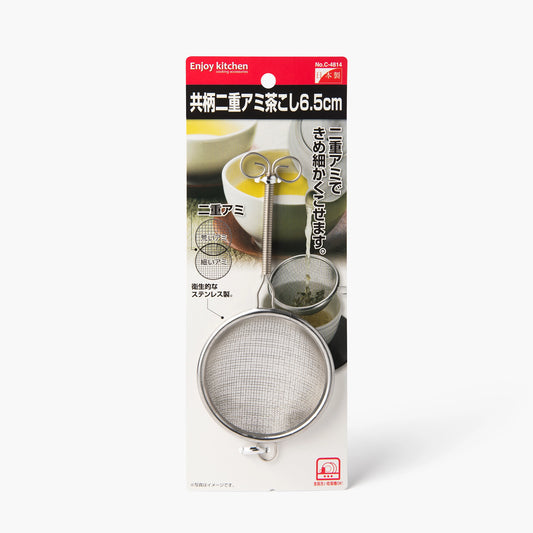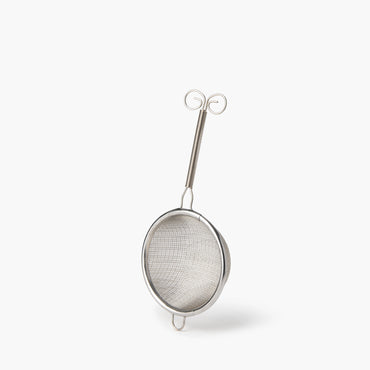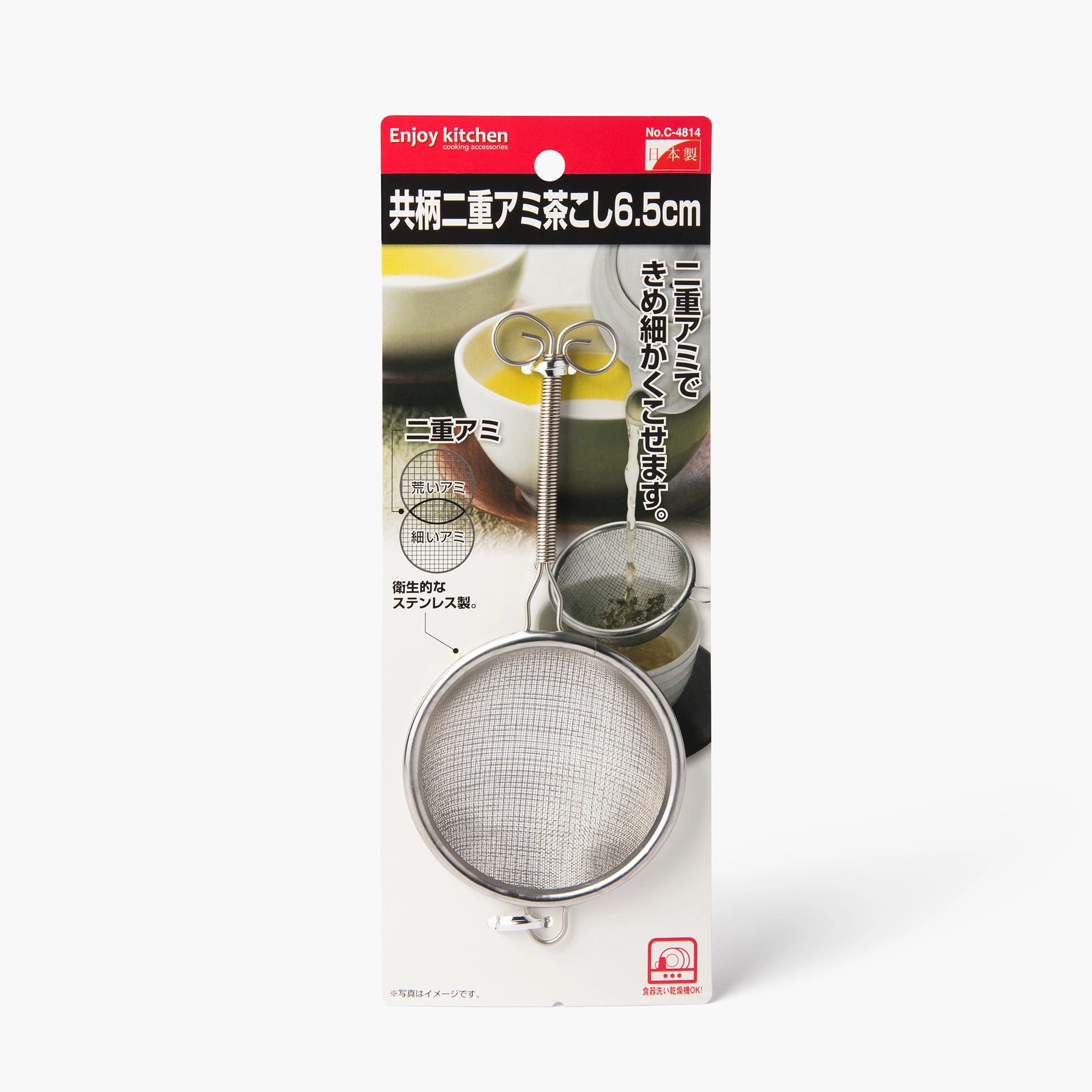Recipe Chawanmushi with clams and ponzu
Rated 5.0 stars by 1 users.
Portion
4
Preparation time
40 minutes
Cooking time
20 minutes
Chawanmushi is a traditional Japanese dish that literally means "steamed tea in a cup". This delicious savory preparation is often served as an appetizer at formal meals, and is appreciated for its smooth, silky, flan-like texture. The word "mushi" refers to steaming, a method that preserves the subtle flavors of the ingredients used.

Ingredients
8 fresh clams
4 shiso leaves
-
1 small lotus root (about 100g)
4 eggs
-
500 ml dashi (Japanese broth)
-
2 tablespoons soy sauce
-
2 tablespoons mirin
-
2 tablespoons ponzu sauce
-
Salt to taste
A few sprigs of chives, finely chopped (for garnish)
Instructions
Clean the clams by soaking them in salted water for 30 minutes. Rinse well. Steam them until they open. Remove from their shells and set aside.
Peel and thinly slice the lotus root. Blanch the lotus root slices in boiling water for 2-3 minutes, then drain and set aside.
You can pan-fry or deep-fry the lotus roots if you like for more textural contrast!
In a bowl, lightly beat the eggs. Add the dashi, soy sauce, mirin, ponzu sauce and a pinch of salt to the beaten eggs. Mix well until smooth. Strain the mixture through a fine sieve to remove any air bubbles.
Divide the cooked clams and lotus root slices between 4 chawanmushi cups (or small ramekins). Gently pour the egg and dashi mixture into each cup, taking care not to create any air bubbles.
Cover each cup with a lid or aluminum foil and steam over low heat for about 15 to 20 minutes, or until the chawanmushi is set but still slightly quivering in the center. You can check for doneness by inserting a toothpick: if it comes out clean, the chawanmushi is ready.
Arrange a shiso leaf on each chawanmushi. Garnish with snipped chives for a touch of color and flavor.
- Serve hot as an appetizer or side dish.
Recipe notes
Chawanmushi is a traditional Japanese dish with deep origins in the culinary culture of Japan. Its name is composed of "chawan" (茶碗), meaning "bowl" or "cup" in Japanese, and "mushi" (蒸し), meaning "steamed". Chawanmushi is often served as an appetizer or side dish at formal and traditional meals in Japan.
Chawanmushi originated during the Edo period (1603-1868), a period of peace and stability in Japan that saw the development of culinary culture and refined cooking techniques. During this period, Japanese chefs explored new methods of food preparation and cooking, and steaming became a popular technique for preparing delicate, sophisticated dishes.
It is likely that the concept of steamed eggs was influenced by Chinese cuisine, which uses similar techniques to prepare dishes such as steamed eggs. Cultural exchanges between China and Japan have often led to adaptations and integrations of culinary techniques.
Over time, chawanmushi has evolved to become a key element of kaiseki meals, a style of Japanese cuisine that focuses on artistic presentation and flavor balance. Chawanmushi is appreciated for its smooth, creamy texture, which contrasts with the other elements of the meal.
Traditionally, chawanmushi is prepared with a mixture of beaten eggs and dashi (Japanese broth) seasoned with soy sauce and mirin. Various ingredients can be added to vary flavors and textures, such as shrimp, shiitake mushrooms, chicken pieces, clams and ginkgo biloba (gingko nuts). Each region and family may have its own variations and secrets for preparing this dish.
Our recommendations for this recipe:
Japanese cooking essentials
-
White miso with koji from Hakone ⋅ Kato Heitaro shoten ⋅ 200g
Regular price 5.50 €Prix promotionnel 5.50 € Regular pricePrice per unit 27.50 € / per kg -
Roasted black and white sesame seeds with gomashio salt ⋅ Manten ⋅ 30g
Regular price 2.65 €Prix promotionnel 2.65 € Regular pricePrice per unit 88.33 € / per kg -
Artisanal balanced soy sauce ⋅ Asarisasuke Shoten ⋅ 500ml
Regular price 6.25 €Prix promotionnel 6.25 € Regular pricePrice per unit 12.50 € / per l -
Hakone Awase miso blend of white and red miso ⋅ Kato Heitaro shoten ⋅ 200g
Regular price 5.50 €Prix promotionnel 5.50 € Regular pricePrice per unit 27.50 € / per kg -
Honmirin ⋅ Takara Shuzo ⋅ 13% ⋅ 500ml
Regular price 9.70 €Prix promotionnel 9.70 € Regular pricePrice per unit 19.40 € / per l -
Katsuobushi dried bonito chips ⋅ Makurazaki ⋅ 40g
Regular price 9.50 €Prix promotionnel 9.50 € Regular pricePrice per unit 237.50 € / per kg -
Tatsuno Smoked Soy Sauce ⋅ Suehiro Soy Sauce ⋅ 100ml
Regular price 8.10 €Prix promotionnel 8.10 € Regular pricePrice per unit 81.00 € / per l -
White rice milky queen from Toyama ⋅ Nanohana ⋅ 1kg
Regular price 19.50 €Prix promotionnel 19.50 € Regular pricePrice per unit 19.50 € / per kg
The latest arrivals
-
Bonito filaments katsuobushi ⋅ Makurazaki ⋅ 20g
Regular price 8.90 €Prix promotionnel 8.90 € Regular pricePrice per unit 445.00 € / per kg -
Thick katsuobushi bonito chips ⋅ Makurazaki ⋅ 100g
Regular price 17.30 €Prix promotionnel 17.30 € Regular pricePrice per unit 173.00 € / per kg -
Ramune candies in garland bag ⋅ Kasugai ⋅ 28g
Regular price 2.60 €Prix promotionnel 2.60 € Regular pricePrice per unit 92.86 € / per kg -
Silken tofu ⋅ Morinaga ⋅ 305g
Regular price 3.50 €Prix promotionnel 3.50 € Regular pricePrice per unit 11.48 € / per kg -
Strong Zero Lemon ⋅ 9% ⋅ 350ml
Regular price 4.50 €Prix promotionnel 4.50 € Regular pricePrice per unit 12.86 € / per l -
Okayama no Chi Junmai Ginjo Sake Gift Set ⋅ 15.5% ⋅ 360ml
Regular price 21.90 €Prix promotionnel 21.90 € Regular pricePrice per unit 60.83 € / per l -
Pure peach juice from Yamanashi ⋅ Bonchi ⋅ 180ml
Regular price 5.90 €Prix promotionnel 5.90 € Regular pricePrice per unit 32.78 € / per l -
Stainless steel tea strainer ⋅ Pearl life
Regular price 5.40 €Prix promotionnel 5.40 € Regular pricePrice per unit / per



